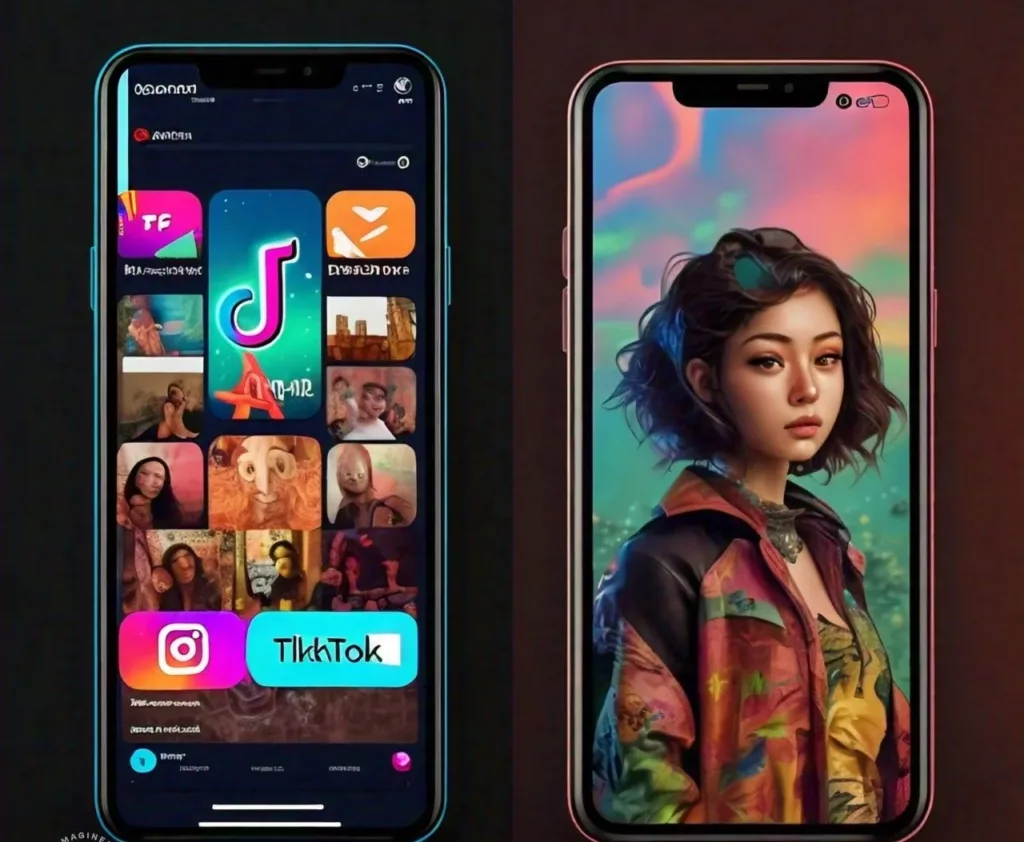New York State is taking a bold step to safeguard the mental health of children by passing a bill that bans social media platforms from using “addictive” recommendation algorithms for users under 18. This landmark legislation, known as the Stop Addictive Feeds Exploitation (SAFE) for Kids Act, aims to mitigate the negative impact of algorithm-driven content on young users.
The SAFE for Kids Act: A Closer Look

On Friday, the New York Legislature passed the SAFE for Kids Act, which now awaits Governor Kathy Hochul’s signature. This act prohibits platforms like TikTok and Instagram from delivering content to children based on recommendation algorithms. Instead, these platforms must offer reverse-chronological feeds, where the most recent posts are shown first without being influenced by user data or behavior.
The legislation defines an “addictive feed” as one that prioritizes media based on information related to the user or their device. The bill was created in response to growing concerns over the detrimental effects of algorithmic feeds on children’s mental health. These algorithms are designed to keep users engaged, often leading to excessive and unhealthy screen time.
Enforcement and Penalties
Under the new law, the New York Attorney General will be responsible for establishing rules for enforcement. Social media companies found in violation will have 30 days to rectify the issue or face penalties of up to $5,000 per underage user. The bill initially included a provision to ban notifications to children between midnight and 6 a.m., but this was removed in a recent amendment.
Legislation aimed at protecting children from the potential harms of social media is gaining traction both at the state and federal levels. Similar to New York’s bill, California has passed legislation to restrict social media algorithms, and the federal Kids Online Safety Act seeks to hold social media companies accountable for recommending harmful content to children.

The SAFE for Kids Act has garnered support from a coalition of parents, activists, and mental health advocates. Notable among them is Julie Scelfo, a former New York Times journalist, who founded the group Mothers Against Media Addiction (MAMA). Scelfo and other advocates argue that social media’s addictive algorithms exploit children’s emotions for profit, exacerbating the youth mental health crisis.
“We’re in the middle of a national emergency in youth mental health,” Scelfo said. “It’s clear that one major contributing factor is the addictive design of social media.”
Opposition and Legal Challenges
Despite widespread support, the bill faces opposition from civil liberties groups and the tech industry. NetChoice, a trade group representing major tech companies like Google, Meta, and TikTok, has previously challenged similar state laws, citing First Amendment concerns. They argue that while regulating harmful business practices is necessary, government control over online content could infringe on free speech rights.
Evan Greer, director of Fight for the Future, a digital rights advocacy group, believes that strong privacy and antitrust legislation would be more effective than algorithm bans. Greer also warns that age verification measures required to enforce such laws could compromise user privacy and civil liberties.
Broader Implications
The SAFE for Kids Act could set a precedent for other states considering similar measures. It reflects a growing consensus that tech companies must be held accountable for the impact of their platforms on young users. However, it also highlights the ongoing debate about the balance between protecting children and preserving digital freedoms.
As New York prepares to implement this groundbreaking legislation, it underscores the urgent need to address the complex issues surrounding social media use and youth mental health. By prioritizing the safety and well-being of children, New York’s efforts could inspire more comprehensive and effective approaches to managing the digital landscape for future generations.
Tech Updates: Tech News


